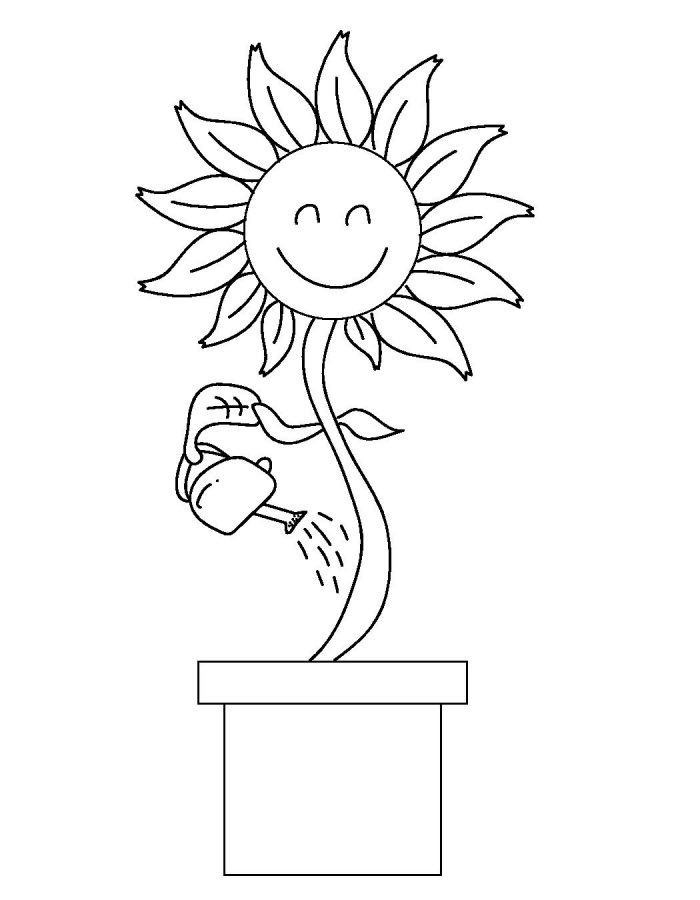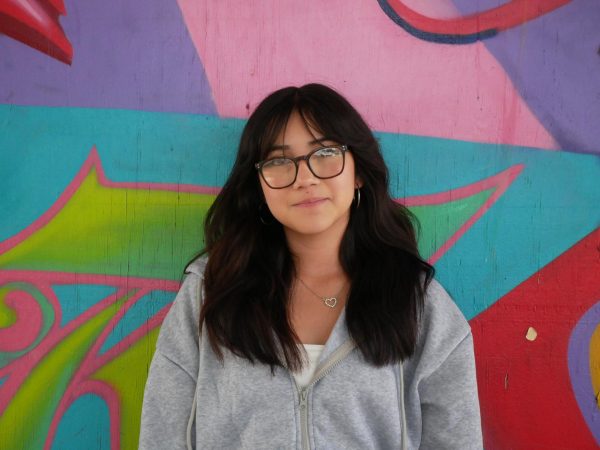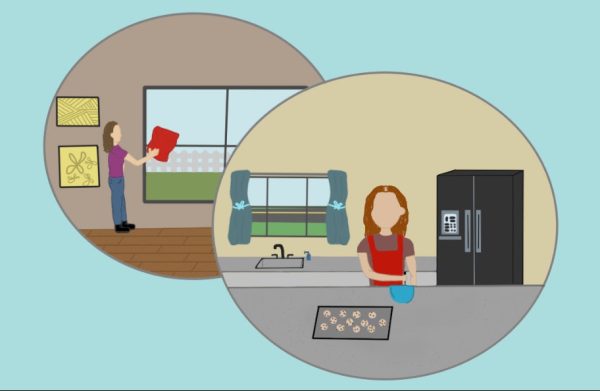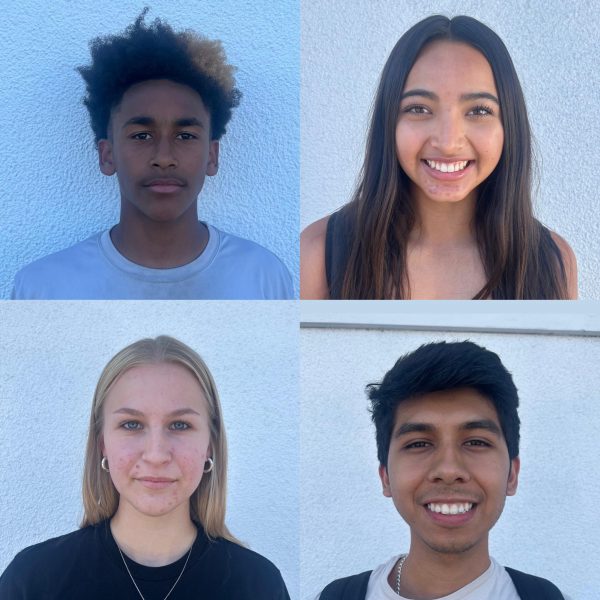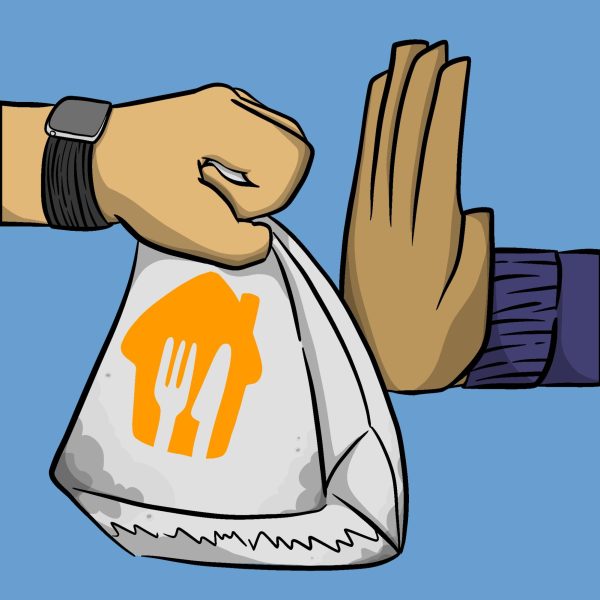“Make yourself a priority!”
Defining self-care and why it’s important
February 27, 2020
High school years are stressful for most. Many students have extensive to-do lists that often makes them feel exhausted at the thought of everything that needed to be completed. There are assignments, exams and readings all piled on top of each other, not to mention juggling sports, extracurriculars or clubs, internships and a part-time job for some; the list is endless.
So, how do students make room for all these things? Unfortunately, an article published by Forbes mentions that the frequent choice is to overwork, under-socialize and over-consume caffeinated beverages. Skipped meals aren’t rare either. To keep up with this physically, mentally and emotionally draining culture of being a busy high-school student, students don’t think twice before putting self-care on the very end of their ‘to-do’ list. More often than not, they don’t realize the toll this kind of lifestyle takes on their lives. Many have a lot of responsibilities in life that they forget to take care of themselves and their personal needs. This should never be the case; the Bonita Vista High (BVH) community can help spark change for the better by encouraging students to take advantage of Wellness Wednesdays, practice self-care and emphasizing its benefits.
But first, what is self-care? Today, experts have a clear definition for it: “Self-care is one’s action [that] is around our physical, emotional, relational, perhaps professional, educational, and, for some people, spiritual well-being that reflects the way that we take care of ourselves on the most fundamental levels,” a clinical health psychologist in the Department of Psychiatry at the University of Colorado School of Medicine Helen L. Coons, Ph.D. says.
Contrary to popular belief, self-care isn’t a selfish act either. It’s not only about considering students’ needs as individuals; it’s also about knowing what they need to do in order to avoid intense stress from a difficult life at school. In short, self-care is crucial to living a balanced and healthy life.
Self-care is very important, as “when we don’t take care of ourselves, we’re more likely to feel fatigued and get physical symptoms, like stress-related headaches or pain,” Dr. Coons explains. “The biggest thing is being intentional of how we take care of ourselves. When we’re not last on the task list, we have more energy to do what’s important to us.” Moreover, students struggle to conquer the obstacles that they often face when they’re already drained by physical and emotional exhaustion. In other words, students are more resilient and more able to overcome life’s adversities when they are feeling their best both physically and emotionally.
Although the idea of self-care seems simple, it’s something many students very often overlook. So, what can BVH students do to genuinely take care of themselves? Susan Stiffelman, a licensed psychotherapist, emphasizes that students have to start with the basics, like sleep. “You have to give your organism the means to cope with stress, and that includes healthy food, non-harmful substances, sleep, downtime… Building into your day right-brain activity that lets you digest what you’ve been going through and process it. Those are some basic and almost biological needs we have,” she says. Taking time to pause and breathe from the persistent pace of everyday life can go far in decreasing stress levels.
Esmeralda Orozco, Integrated Math III and IB A&A SL 1 teacher at BVH, reaffirms what Stiffelman declared. Orozco is one of the teachers in Bonita who feels passionate about the topic of self-care.
“When our bodies are telling us that we’re sick or we’re tired, it means that we need to stop, reprioritize and put ourselves back at the top of the list so [that] we can take care of everything else” Orozco said.
Orozco actively reminds her students to get enough sleep and drink plenty of water. She notes simple ways that self-care can be incorporated in the lives of students.
“My students’ brains are still very young and moldable; [their] brains need sleep and hydration. As long as you’re drinking enough water and getting enough sleep, your brain will function better; that also helps with just feeling better overall. Getting enough sleep is really important for your brain. If you’re going on an all-nighter, [nothing] that you study is gonna stick. You might as well be getting enough sleep so that when you do study, things will stick,” Orozco said.
Self-care isn’t something that students can just put off until they have more time. It is an active choice to participate in the activities that are known to increase their overall physical, emotional, psychological, social and general well-being. Now is the time to take initiative to truly consider how to integrate self-care into students’ daily lives. Doing so will leave students feeling much better overall, in both body and mind. As Katie Reed, the author focusing on mental health, puts it, “Self-care is giving the world the best of you, instead of what’s left of you.”

